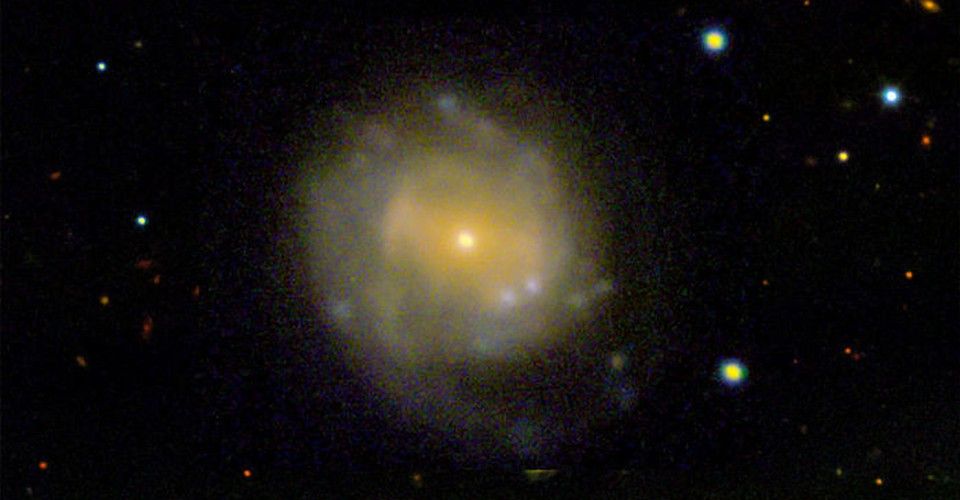Wow!
The ability to instantaneously jump from one location in space to another clearly violates the laws of physics. Or does it?

Co-created with The Office’s Greg Daniels.

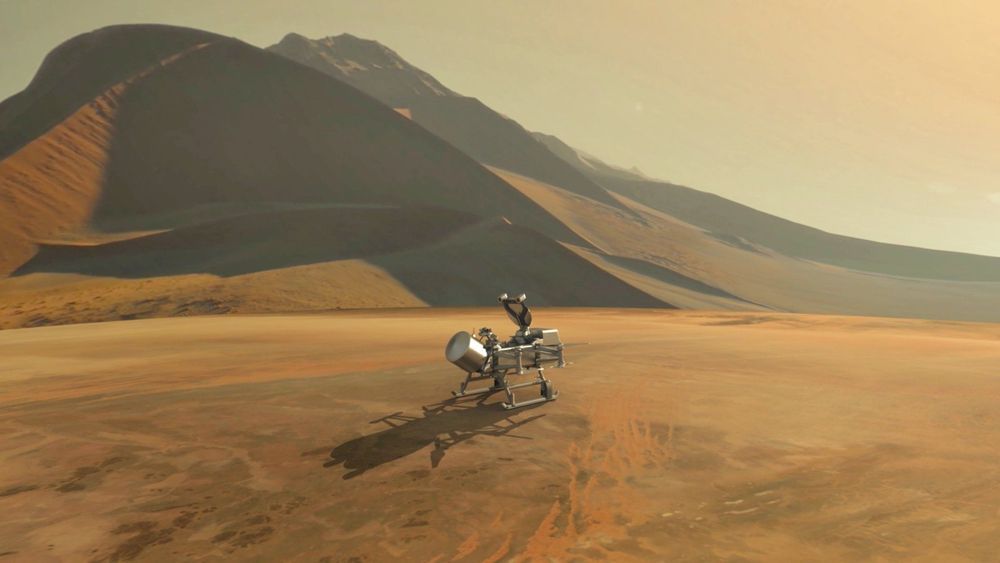
The spacecraft that have peered through the yellowish haze surrounding Saturn’s moon Titan discovered a strange, yet strangely familiar world where life could theoretically take root. Now, scientists want to return — this time buoyed by Earth’s fascination with drone technology.
That’s precisely what a team of scientists working on a proposed mission called Dragonfly want to do: combine terrestrial drone technology and instruments honed by Mars exploration to investigate the complex chemical reactions taking place on Saturn’s largest moon. Later this year, NASA will need to decide between that mission and another finalist proposal, which would collect a sample from a comet.
“At first blush, I think a lot of people think [Dragonfly] sounds like the literal meaning of incredible,” Melissa Trainer, a deputy principal investigator with the mission, told Space.com. “Not only is this an incredibly exciting concept with amazing, compelling science, but also, it is doable — it’s feasible from an engineering standpoint.” [Landing on Titan: Pictures from Huygens Probe on Saturn Moon].

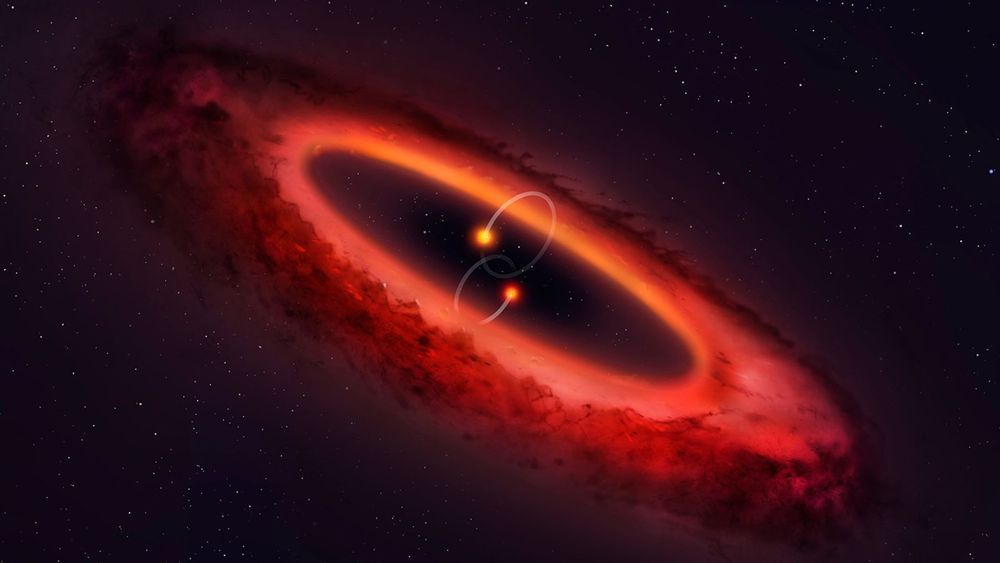
Astronomers using the ALMA telescope have discovered an oddly tilted planet-forming disk within a double binary star system, a configuration that up until this point only existed in theory.
Quadruple star systems featuring two binary pairs are nothing unusual, nor is the discovery of a surrounding protoplanetary disk—a ring of gas and dust that gradually congeals to form planets. A star system located 146 light-years from Earth, called HD 98800, has all these things, but as new research published today in Nature Astronomy reveals, this system features an exceptionally strange protoplanetary disk.

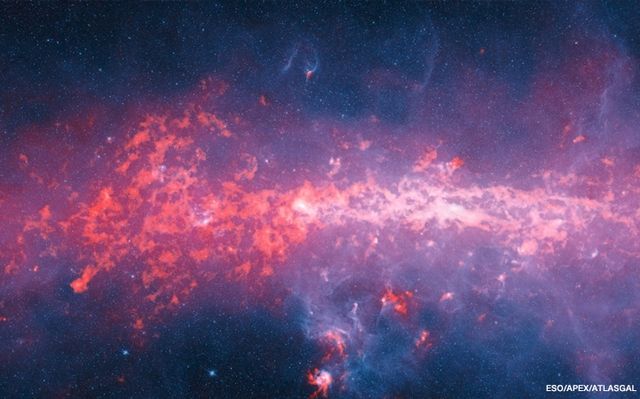
(CNN) — While astronomers estimate that the Andromeda galaxy will collide with our own Milky Way galaxy 8 billion years from now, they now believe that another collision will happen even sooner.
The Large Magellanic Cloud will catastrophically collide with the Milky Way in 2 billion years, according to a study published this month in the Monthly Notices of the Royal Astronomical Society. The impact, which they believe is long overdue, has a chance of sending our solar system “hurtling through space.”
Our galaxy is orbited by smaller satellite galaxies, the kind of dance that can go on undisturbed for billions of years. Other times, things take a violent turn, and satellite galaxies can migrate toward the Milky Way until they collide and are gobbled up.
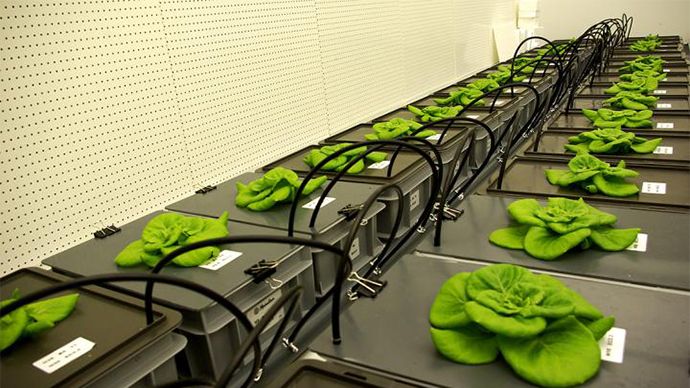
Watch out, Earth gardens: Space is set to become the next destination for growing fresh vegetables.
Following the successful cultivation of lettuce at the International Space Station (ISS) in 2015, beans could be the next legume to leave our planet in 2021, said a Norwegian University of Science and Technology NTNU) press release. Other salad essentials could also be cultivated in space, and they would provide cosmonauts and other intergalactic travelers with the nutrition they need to live on other planets.
“The dream of every astronaut is to be able to eat fresh food – like strawberries, cherry tomatoes or anything that’s really flavorful. Someday that will certainly be possible,” said Silje Wolff, a plant physiologist at the Centre for Interdisciplinary Research in Space (CIRiS) at NTNU, in the press release. “We envision a greenhouse with several varieties of vegetables.”
